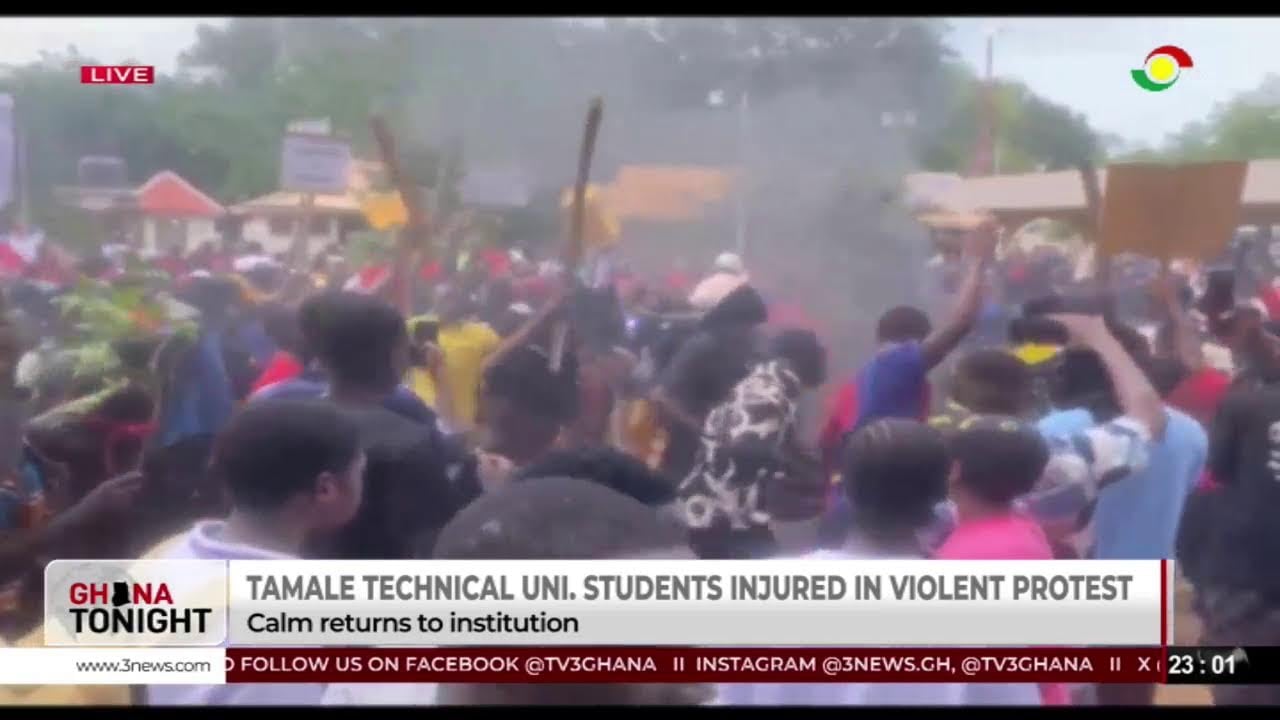
…strikes partnership with agribusinesses, banks
By Wisdom JONNY-NUEKPE
The Ghana Incentive-Based Risk Sharing System for Agriculture Lending (GIRSAL) is targetting some US$500million in sesame seeds export revenue over the next three years.
The move aligns with GIRSAL’s five-year strategic vision to promote the development of high potential agricultural value chains in chili and sesame production, among others, in a bid to enhance the country’s export capacity while increasing foreign exchange earnings.
GIRSAL’s Chief Operating Officer, Samuel Yeboah, briefing the B&FT at the company’s sesame pilot project site at Keyeme-Ziope in the Volta Region, said the country has what it takes to produce the commodity in commercial quantity for export.
Pilot project
The pilot project, according to GIRSAL, is designed to develop a scalable and investable business case for sesame seed production in Ghana – with focus on developing standardised production protocols, potential production costs, production output and expected revenue as well as potential export markets.
“We are ready to support farmers with the right structures and protocols to produce and enable our partner banks have desire to support sesame cultivation with low interest rates. In the next three years, GIRSAL forecasts exporting about US$500m of sesame seed annually to the global market through this initiative,” Mr. Yeboah noted.
He stated that the company is currently cultivating 10 acres as part of its initial trial phase and plans scaling up to 200 acres between July and December this year. Over the next three years, the company aims at expanding production to 50,000 acres through collaborations with agribusinesses and partner banks.
GIRSAL’s support model
He said GIRSAL will support agribusinesses after completion of the trial phase by developing the right protocols and business analysis for agribusinesses to understand how the commodity is produced commercially and the cost involved. The initiative has banks on board to support and provide financing models for agribusinesses to produce export goods.
Current sesame production in Ghana
Sesame is a fast-emerging high value commodity in Ghana and the broader West African sub-region. While the crop has been traditionally dominated by producers in countries like Sudan, Nigeria and Burkina Faso, Ghana has seen growing interest in sesame cultivation – particularly across the middle belt and northern regions.
Despite earning some US$12.5 million of export revenue in 2016 according to GIRSAL, Ghana’s sesame export volumes drastically declined to 510.86 metric tonnes… constituting a paltry US$278,900 in the year 2023.
This decline was largely due to limited production data, technical capacity and policy support.
However, Mr Yeboah explained that GIRSAL recognises the need to reverse this trend and has therefore initiated this project to unlock the crop’s full commercial and export potential.
Global demand for sesame production
The global market demand for sesame seed is US$5.6billion per annum. Nigeria cultivates about 3.6 percent of the commodity while Ghana is producing less than one percent of global market share.
The US, Japan, Turkey and China are big markets for sesame seed consumption and its value added products. Sesame is used to produce essential oils and cosmetics for medicinal purposes, among others.
The post GIRSAL targets US$500m in sesame exports appeared first on The Business & Financial Times.
Read Full Story





















Facebook
Twitter
Pinterest
Instagram
Google+
YouTube
LinkedIn
RSS